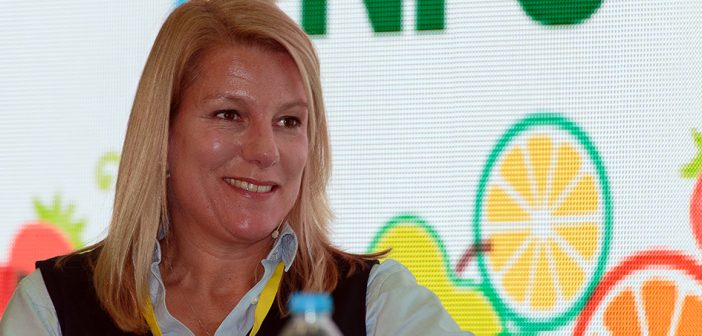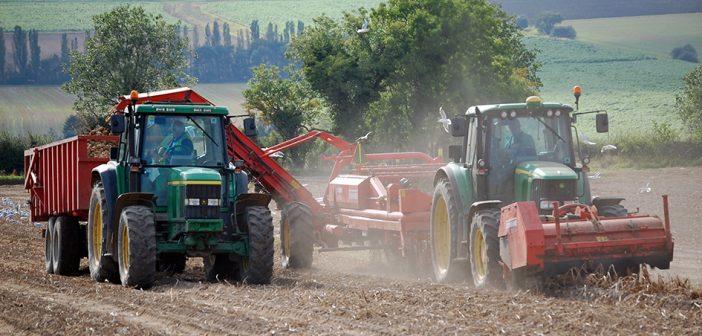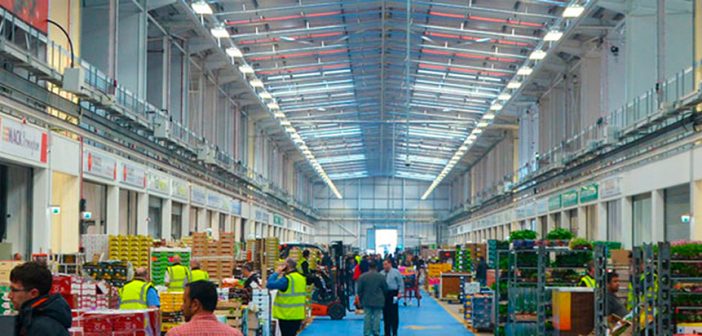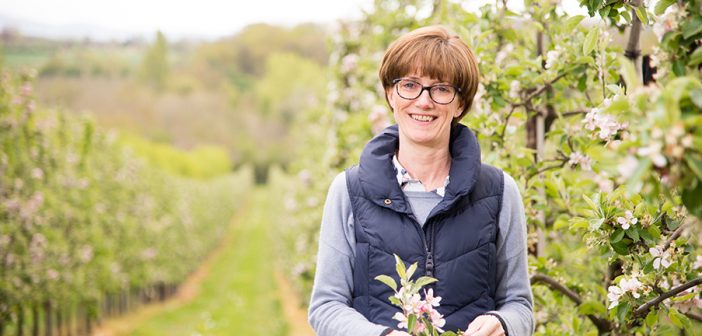The management and treatment of manures and slurries from livestock production is becoming an increasing issue around the world. The potential of manure to cause environmental harm and contribute to climate change when not correctly stored, handled or applied is significant. However, manures and slurries also represent a valuable resource and can return valuable crop nutrients to farmland in a way which does not rely on energy-intensive industrial processing.
In the European Union some 1.4 billion tonnes of manure is produced each year, the majority of which needs management ranging from simple, low cost methods – such as appropriate storage – to complex techniques such separation or anaerobic digestion (AD). However, estimates suggest that less than 10 per cent of the EU’s manure is currently actively managed.1
In many countries there are environmental restrictions on the application of manures to land, meaning that farms must have sufficient storage capacity for manure which cannot be applied directly to land. As up to 90 per cent of pig and cattle slurry is water, reducing the water content is an effective way to reduce the required storage capacity. Furthermore, being able to store manure so that it can be applied when the nutrients it contains will be of maximum benefit is good agricultural practice and can help to maintain or improve crop yields, as well as reducing potential odours and gaseous emissions during application.
Finding solutions
These challenges led to the creation of the EU-funded EfficientHeat project in 2011, which looked at an ‘Integrated and cost-effective solutions to reduce the volume of pig slurry; minimise pollutant emissions and process energy consumption’. The project, which was co-ordinated by HRS Sales and Product Development Director Arnold Kleijn, looked at how to improve the situation for pig producers in Spain, many of whom were reliant on off-site treatment plants to reduce the volume of slurry and manure produced.
By the time the project was concluded in 2013, not only had it cut treatment costs by 40 per cent, but it had also speeded up the treatment process, reduced energy consumption by 25 per cent, cut slurry volumes by 60 per cent and created potential revenue streams for farmers in terms of nutrients and potential biogas.
Arnold Kleijn explains: “We used evaporation because the thermal energy needed for evaporation can often be obtained from nearby combined heat and power plants at little or no cost. One of the keys to success was improving the scraping action in the evaporator and preventing the concentrated manure from sticking to the surfaces. This increases heat transfer rates two- to threefold, increasing efficiency and speeding up the evaporation process. By combining the various technologies, we reduced slurry volume by up to 60 per cent, resulting in less storage requirements and fewer tanker journeys.”
Following the success of the EfficientHeat project, HRS Heat Exchangers continued to develop the technology to improve its efficiency and make it suitable for practical use on farms. We utilised our Unicus Series scraped-surface heat exchanger technology to provide the necessary evaporation and used acid dosing to reduce volatile ammonia in the process.
The first commercial HRS plant was commissioned in Spain and treats up to 12 tonnes and hour of pig manure from a number of nearby farms. The system has reduced volumes and therefore storage and treatment requirements, while the concentrated manure is returned to the farms for use as fertiliser. Since this first plant, we have been involved in four other plants which manage and concentrate digestate from anaerobic digestion plants using a very similar process.
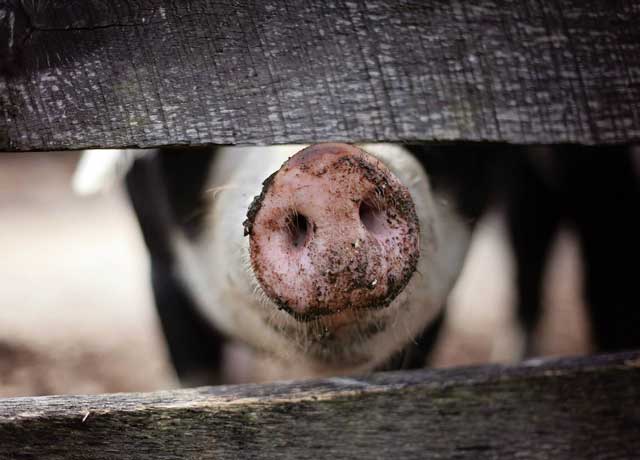
1 Inventory of Manure Processing Activities in Europe, 2011. Available at http://agro-technology-atlas.eu/docs/21010_technical_report_I_inventory.pdf
The post Delivering multiple benefits with manure management appeared first on HRS Heat Exchangers
